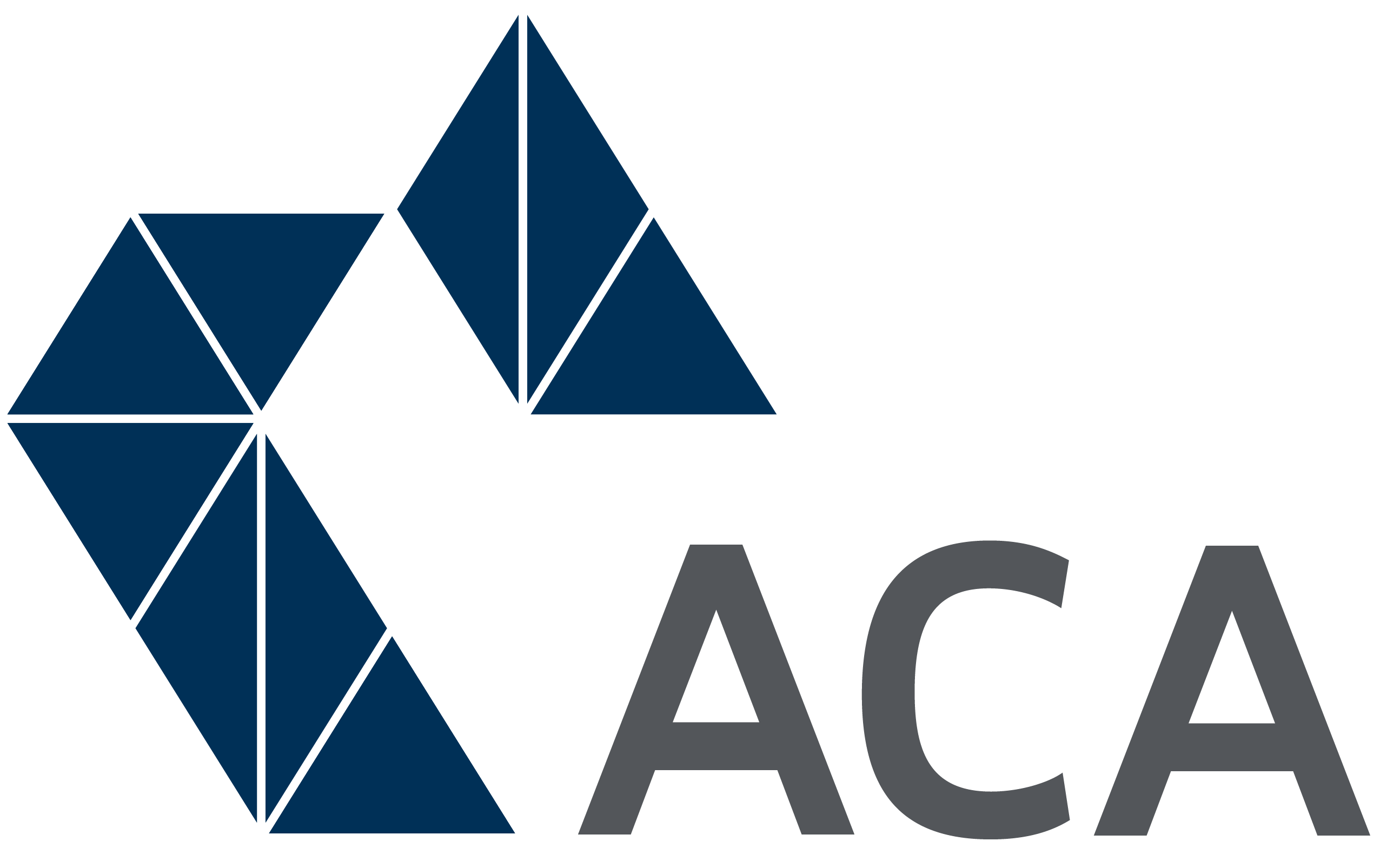
This article is brought to you by ACA partner Child Care Super. The article provides you with useful tips and information to help grow your super.
Claire’s super savvy tips for those of you who are self employed or own your own business
As part of our ongoing information series Claire, our Financial Best Friend(FBF), recently caught up with Ellen, a business owner for the past three years, to ask about super and the sort of things she has had to think about.
Claire: Thanks for sharing your tips with my GuildSuper friends.
Ellen: You’re welcome, I hope my experience can help in some way. Broadly speaking, if you are self employed or a small business owner it is important that you do your homework to understand the various obligations you have when it comes to super. There are a range of resources available and it’s definitely worth taking the time to understand what you can do, making a plan and putting that plan into place.
Claire: Great tip. As a business owner these are definitely - yes, I’m going to say it - unprecedented times.
Ellen: Yes. I think we have all heard that phrase a lot over the past few months. But working for yourself or owning your own business can be liberating and exciting. However, I think the last few months have really highlighted that it also comes with a lot of challenges and responsibilities.
Claire: I bet. Tell me about what you have had to do re super - not only for yourself but also for your team.
Ellen: What I found is that if you’re looking at starting a small business or want to start working for yourself, there is so much to think about. When you have staff working for you, you’re adding even more to your plate. You’ll have to find a system for payroll, as well as figuring out the processes around super so that you and your employees can be prepared for the future.
Claire: Tell me about your super obligations.
Ellen: There are a range of both tax and super responsibilities that I needed to be aware of.
I quickly realised that it was important to recognise that I was responsible for paying super for any eligible employees that I might take on as the business grows
I learnt that if you pay an employee $450 or more before tax in a calendar month, you have to pay super on top of their wages. All employees are covered by the Australian government superannuation guarantee (SG). It applies to full-time, part-time and casual workers.
The SG is currently 9.5% of your employee’s base earnings (ordinary time earnings). The government has a good resource for helping employers understand what to do.
Claire: Wow, there’s so much to think about. Did you rely on anyone else for help?
Ellen: I sure did. GuildSuper has a great summary of obligations that help you understand:
- When contributions are due
- How much you need to pay
- Who you need to make super payments for
- SuperStream (electronic payments).
In addition GuildSuper has a dedicated team of Business Development Consultants that provide personalised assistance when you need it.
Claire: Does the structure of your business make a difference?
Ellen: Great question. Yes. Depending on your structure and set up of your business, you may not have to pay yourself super. if you’ve set up a business as a sole trader or partnership, then you have a choice of whether to pay super contributions to yourself or not.
However, if your business is set up as a company, then you’ll be considered an employee and the company will need to follow SG requirements.
You can learn more about working out if you have to pay super here.
Claire: Although paying yourself super is not a legal obligation, is it still a priority for you?
Ellen: Absolutely. As much as I love the business I am also looking to the future and thinking about how much super I’ll need in my retirement. While I want to sell the business, I also want to travel (hopefully i can by the time I retire), buy a new car, and pay off my mortgage. So continuing to contribute to my super while being a business owner is important now, more than ever.
Check out Super for self employed people.
Like me, you may need strong willpower and discipline to make regular contributions to your super but the rewards may include the tax benefits as well as a bigger savings pool to fund retirement.
Even small amounts paid regularly can build up to make a huge difference over time. While it is good to start early, it’s never too late to start contributing and give your super a helping hand.
Claire: Have you signed up for GuildSuper’s award winning SUPERSUPER scheme?
Ellen: Sure have! Even as a small business owner, I am continually adding to my super, every time I shop at a participating retailer.
Claire: Thanks, great tips for those who are self employed or own their own business!
For more information and/or to register for SUPERSUPER, visit the website here.







